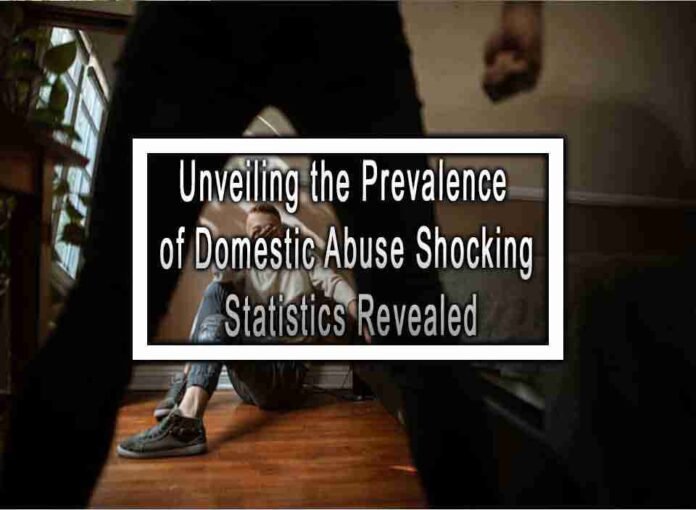Domestic abuse is a deeply concerning issue that affects countless individuals worldwide. The prevalence of domestic abuse is shocking, and statistics shed light on the scope of this pervasive problem. It’s important to note that the following statistics are based on available data up to my last update in September 2021, and the numbers may have changed since then.
1. Global Prevalence:
According to the World Health Organization (WHO), approximately one in three women worldwide has experienced physical or sexual violence from an intimate partner or sexual violence by a non-partner during their lifetime.
2. Impact on Women:
Women are disproportionately affected by domestic abuse. Globally, 35% of women have experienced either physical or sexual intimate partner violence or non-partner sexual violence.
3. Impact on Men:
Domestic abuse also affects men. While less common than violence against women, some men experience intimate partner violence as well.
4. Fatal Consequences:
Domestic abuse can have fatal consequences. The WHO estimates that, worldwide, 38% of murders of women are committed by their intimate partners.
5. Psychological Abuse:
Domestic abuse is not limited to physical violence. Psychological abuse, including emotional, verbal, and mental abuse, is prevalent and can have severe long-term effects on victims.
6. Children as Witnesses:
Children are often witnesses to domestic abuse, which can cause long-lasting emotional and psychological trauma.

7. Underreporting:
Domestic abuse is significantly underreported due to various factors, including fear, shame, economic dependence, and cultural norms.
8. Impact on LGBTQ+ Individuals:
Domestic abuse affects individuals in LGBTQ+ relationships as well. LGBTQ+ individuals may face additional challenges in seeking help due to discrimination and lack of understanding from service providers.
9. Economic Impact:
Domestic abuse has significant economic costs, including healthcare expenses, lost productivity, and legal costs.
10. Impact on Immigrant Communities:
Immigrant individuals and those in migrant communities may face unique challenges when dealing with domestic abuse, such as language barriers, fear of deportation, and limited access to support services.
These statistics highlight the urgent need for society to address and combat domestic abuse. It requires collective efforts to raise awareness, promote education, strengthen support systems for survivors, and hold abusers accountable. Everyone has a role to play in creating a safer and more equitable environment for individuals affected by domestic abuse. If you or someone you know is experiencing domestic abuse, seek help from local support organizations, law enforcement, or domestic violence hotlines.











